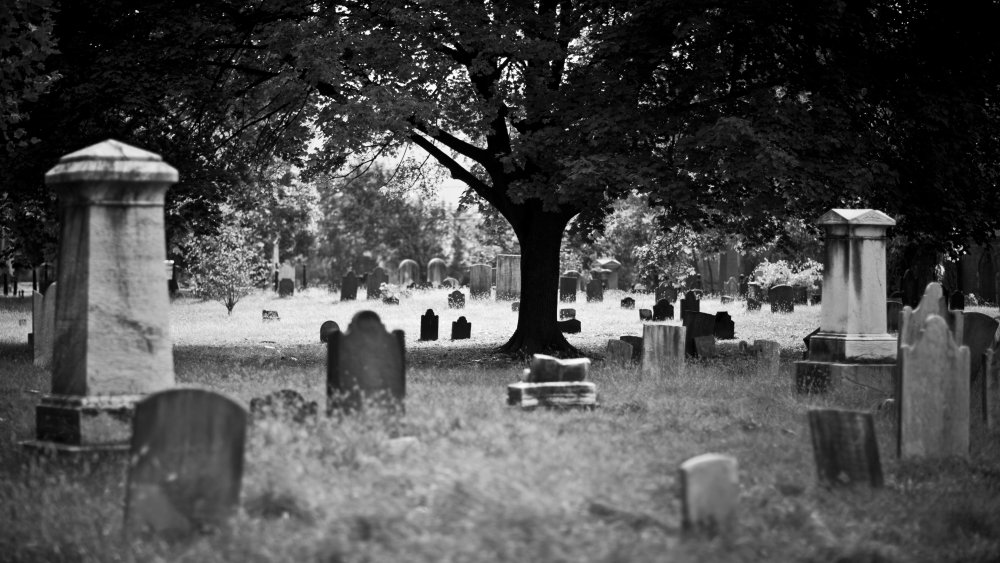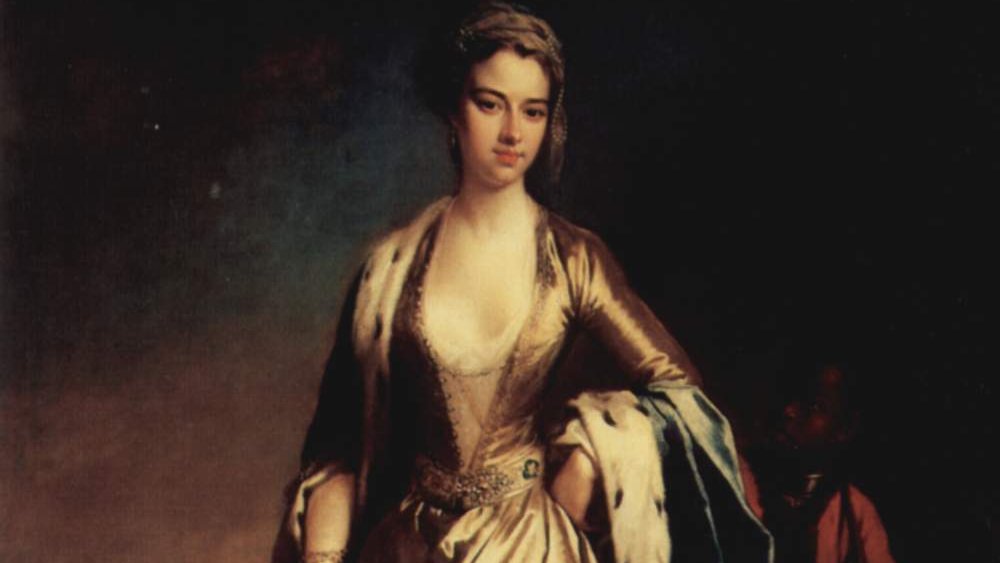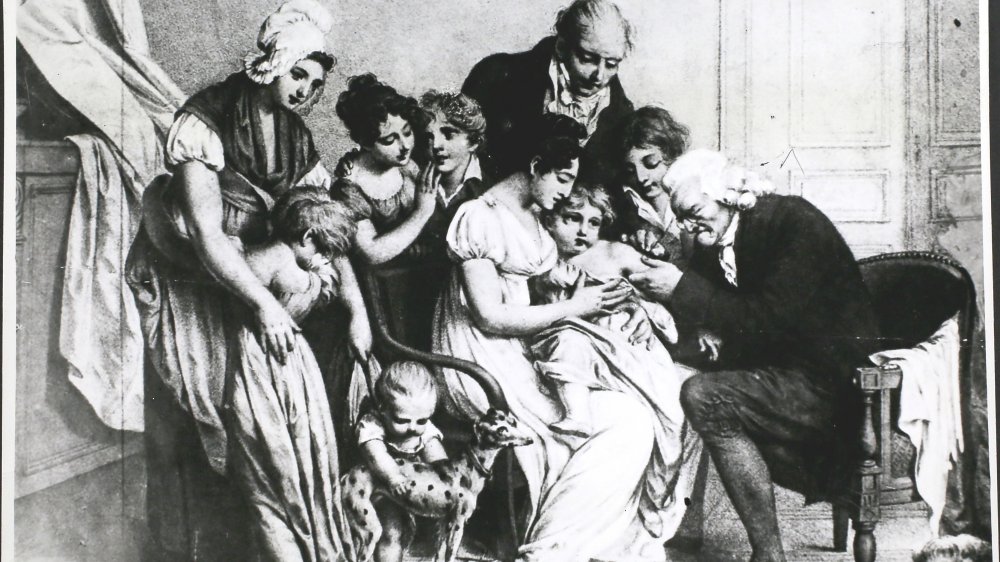The Truth About The First Vaccine Ever Created
A world without vaccines would be a dark place. Vaccine access is, indisputably, one of the biggest perks to living in the 21st century, considering that vaccination saves the lives of two-to-three million people every year, and prevents the spread of some of the deadliest viruses in the world. That said, it is important to recognize the degree to which vaccines are also a privilege: not every nation has the same easy access to vaccines that is enjoyed in wealthy countries, and thus, even today, 1.5 million people across the world still die from vaccine-preventable diseases.
Nonetheless, it's a profound medical success that once-terrifying diseases such as measles, diptheria, and rubella have nearly been eradicated in the U.S., according to Vox. One disease that no longer exists at all, though, was the first disease that humans were ever inoculated against.
The deadliness of smallpox
You don't hear much about smallpox today. According to the CDC, nobody has died of smallpox since 1978. This is a recent phenomenon, as the the BBC points out, which makes it easy to forget that smallpox (once called "the speckled monster") was easily one of the deadliest scourges to ever face the human race, ripping through countless populations at a level far greater than the plague, and killing countless people for thousands upon thousands of years. Evidence of deaths by smallpox go back to 1157 BCE, and it continued wiping away populations up through the 11th and 12th centuries, where it was carried through Europe by soldiers returning from the crusades. The death of the Aztecs, as well, may have had less to do with any successful tactics by the Spanish invaders, but rather, the fact that these Europeans carried smallpox with them, which the Aztecs had not developed any immunity from.
The point is, smallpox has been around for much of human existence, and nothing ever halted it ... until vaccines. The degree to which vaccines turned the tide cannot be underestimated. And a great deal of the credit for spreading the knowledge about inoculation, as it happens, should go to a 1700s woman named Lady Mary Montagu.
Lady Mary Montagu pushed for change
Mary Montagu, according to Time, faced smallpox firsthand. It killed her brother, scarred her face, and left a profound impact on her future. Later, though, when she went to Turkey, she was astonished to witness an old woman who would go to families wherein one person had smallpox, carrying "a nut-shell full of the matter of the best sort of small-pox:" once there, the woman would inject this matter into the other family members with needles. This was, clearly, an early form of inoculation.
To be clear, variolation of various sorts had been practiced in a number of ancient societies, but had never gone widespread, and while this old woman remains anonymous, she inspired Mary Montagu to have her own children inoculated, and then — with great effort — to convince others in Great Britain to do the same. This was no easy task. Mary's arguments were met with widespread mockery by the medical community, who couldn't believe the gall of a woman challenging male thinking, to say nothing of the money they made ripping people off with pointless smallpox "treatments." However, Lady Mary didn't back down, and when another smallpox epidemic emerged in London, she made a point to publicize the inoculation of her daughter, welcoming visitors to see the results, and changing minds across the city.
Still, at this time, inoculation didn't quite yet become mainstream, and due to Lady Mary's gender, her incredibly important role in medical history has often been ignored.
Dr. Edward Jenner popularized smallpox inoculation
The next big step forward occurred in 1796, according to History, when an English country doctor named Edward Jenner proved that by taking fluid from a smallpox blister and injecting it into human skin, that person would not only not develop smallpox, but be vaccinated from future outbreaks. Jenner demonstrated his case on a young boy named James Phipps, as pictured above, and his proof of concept inspired countless other physicians across the continent to do the same procedure. Based on Jenner's example, a wave of new vaccines were developed over the next few centuries, thus freeing much of human society from once-deadly plagues such as whooping cough, polio, measles, mumps, and so on.
That said, while Jenner's breakthrough is always the one that gets cited, history shouldn't forget Mary Montagu (and the anonymous woman in Turkey, for that matter), for helping build the modern vaccine landscape that has saved so many lives today.



